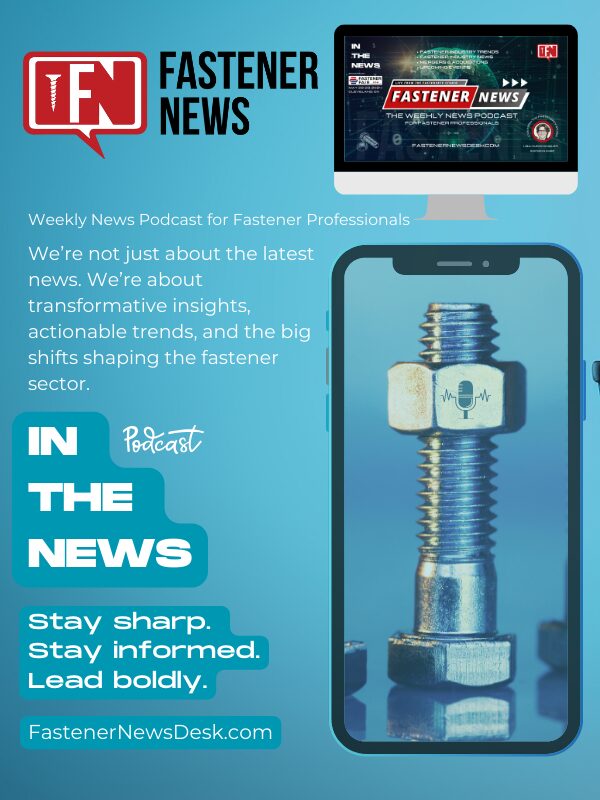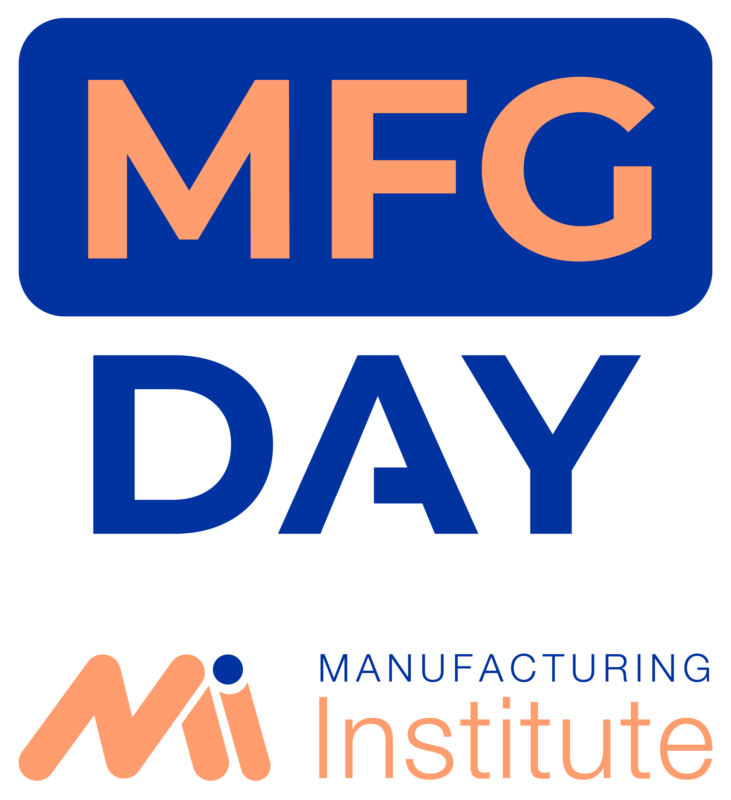 Don Davis |
Don Davis |
Bay Fastening Systems’ chief operating officer Michael Eichinger says BaySupply.com says a marketplace’s value is in helping people work more efficiently.
Marketplaces aim to bring many buyers and sellers together. If they do, they provide value to both parties, as buyers can find lots of sellers in one place and sellers can offer their goods to many potential buyers.
The value proposition of a marketplace has to be more than just bringing buyers and sellers together. It has to help them work more efficiently.Michael Eichinger, chief operating officer Bay Fastening Systems

Michael Eichinger, chief operating officer, Bay Fastening Systems
But that’s not enough to provide long-term value, says Michael Eichinger, chief operating officer at Bay Fastening Systems, a distributor of products that make things stick together, such as screws, bolts and adhesives.
“People want to make their jobs easy,” Eichinger says. “The value proposition of a marketplace has to be more than just bringing buyers and sellers together. It has to help them work more efficiently.”
That’s what Bay Fastening Systems is attempting to do with its BaySupply.com marketplace that it launched in December 2021. The marketplace already offers many features designed to improve ordering efficiency, and more are on the way. And there’s complexity every step of the way, Eichinger says.
For starters, BaySupply.com has to import into its system information about all the products that its sellers — 120 distributors and 130 manufacturers, with more joining weekly — want to offer to the 45,000 buyers registered with the marketplace as of September 2022. That includes product attributes, SKU numbers, pricing (including tiered discounts for buying in quantity), available inventory and minimum order quantities.
Then, when a buyer asks for bids on an order, the request for quote goes out to all the sellers that can fulfill the order, and the system automatically populates information like the seller’s price, inventory on hand and minimum order size. That saves the buyer having to go to multiple websites and inputting all that data into spreadsheets, Eichinger says.
That quote-management system has gone through a half-dozen iterations, Eichinger says. A final version is due to be released in late October 2022.
Automated inventory feeds
Another project underway will enable automated uploads of product data from sellers to BaySupply.com. That includes digital assets like images as well as price, product attribute data and inventory.
The project, called BayConnect, will allow sellers to automatically send data feeds from their internal systems, including their enterprise resource planning (ERP) accounting and inventory systems, product information management (PIM) software that tracks all the information about each product, website databases or electronic data interchange (EDI) pipelines.
“The only efficient way to onboard product long-term is to do automated connections,” Eichinger says. BayConnect is due to go live in the first quarter of 2023.
BaySupply.com provides many other features designed to improve efficiency for sellers. For example, manufacturers can upload all their distributors to the platform and ensure that correct product information goes to each one’s listings on the platform. In addition, the supplier can designate which distributor is authorized to sell to customers in a particular geography so requests for quotes are routed to the correct seller.
The marketplace also must properly deal with a range of other requirements, including sales tax, regulatory compliance, order changes and cancellations. It has also built an online chat tool to facilitate communications between buyers and sellers.
“It’s a monster of a task,” Eichinger says. “Every week is a new challenge.”
McFadyen Digital Inc. handles the development work for BaySupply.com, which is built on Magento software from Adobe Inc. McFayden Digital is an IT firm that specializes in ecommerce marketplaces.
A long-term vision
It has taken a big investment to develop BaySupply.com. Eichinger says it will be five to eight years before the parent company gets that money back.
Part of the ROI will come from the 9% commission BaySupply.com takes on sales closed through the platform. In addition, there is a 2.9% payment-processing fee that goes to the bank that either handles the credit card transaction or extends a line of credit to the buyer.
But, Eichinger says, Bay Fastening Systems also benefits in other ways. The marketplace boosts awareness of the company and helps drive offline orders.
The key to success is offering convenience, he says. Surveys show B2B buyers prioritize convenience over price. A marketplace that makes it easy for buyers to get quotes from many sellers, find inventory that’s available when it’s needed, and complete transactions quickly makes life easier for procurement agents, Eichinger says.
And it will aid sellers, he adds, by avoiding a scenario where price is the only determining factor. Buyers often need products in a hurry. If they decide BaySupply.com is the place to quickly find available inventory, they’ll start their buying journeys there. They’ll then make decisions based on factors like availability, ease of getting quotes from multiple suppliers and automated approval workflows, as well as price.
Once many buyers and sellers participate in any digital marketplace, it becomes more valuable for all participants, creating the network effect that Eichinger sees as the key to success. He compares it to Uber and Airbnb, which now have so many buyers and sellers that they’re convenient for buyers while providing big sales opportunities for the sellers.
“No one’s going to remove Uber or Airbnb because they’re created that network effect,” Eichinger says. “That’s the end game for any marketplace.”
RELATED CONTENT:
Fastenal’s digital lesson for other distributors: It pays to diversify
Distributor Bay Supply Settles in for the Long-Haul Journey to Marketplace Success

















